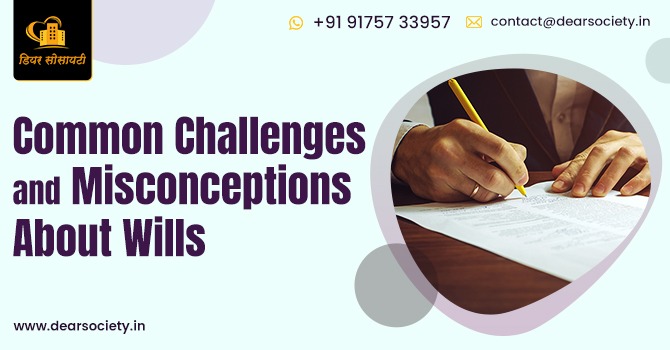Despite their importance, many misconceptions about wills lead people to either delay or improperly draft them. One common myth is that only wealthy individuals need a will. In reality, anyone with assets or dependents should have one to ensure their wishes are respected and their loved ones are taken care of.
Another misconception is that family members will automatically know how to divide assets without a will. This assumption often leads to disputes and complications. Without a will, the estate is subject to state laws, which may not align with your personal wishes, leading to unintended outcomes for your assets and dependents.
Some believe that a will can help them avoid probate, the legal process of distributing assets. While a will guides the probate process, it does not bypass it. However, having a well-drafted will can make probate smoother and faster, reducing stress and costs for your loved ones.
Common challenges in creating a will include family disputes, unclear terms, and outdated information. To avoid these pitfalls, it’s crucial to communicate openly with your family about your intentions, regularly update your will to reflect life changes, and seek professional advice for complex estates.
Conclusion:
Wills are an essential part of estate planning, but many people are held back by misconceptions and challenges. By understanding the truth about wills and avoiding common pitfalls, you can create a document that truly reflects your wishes. Make sure to revisit your will regularly and consult professionals when necessary











 Call
Call Whatsapp
Whatsapp Enquiry
Enquiry